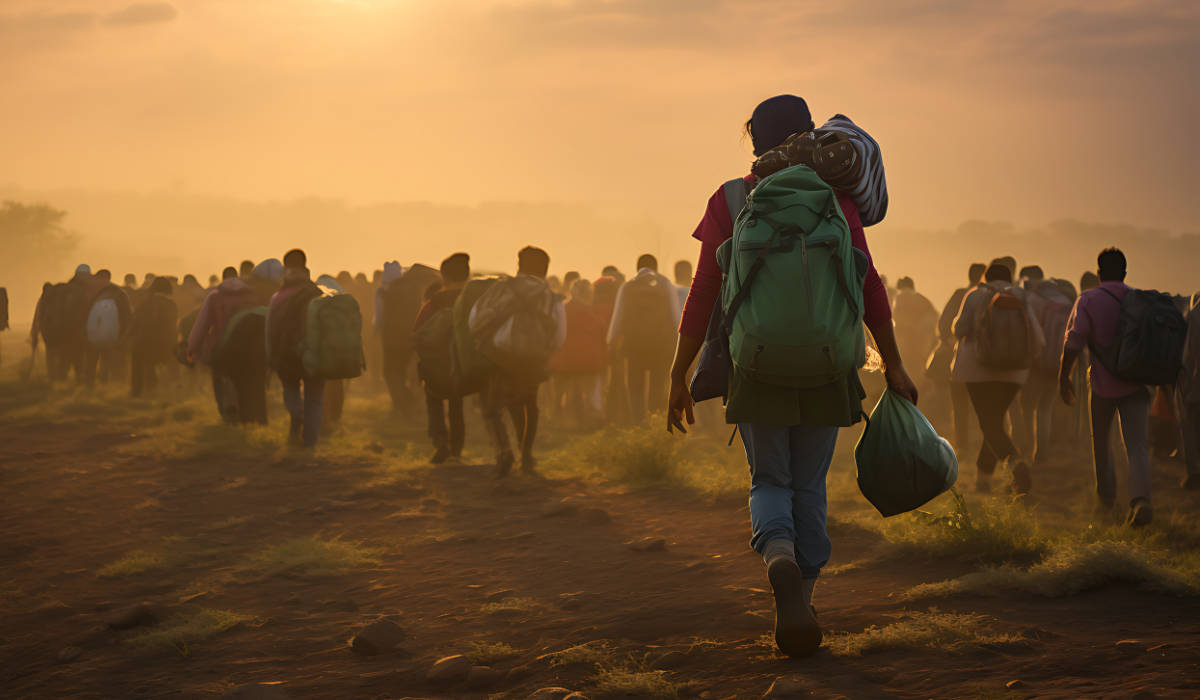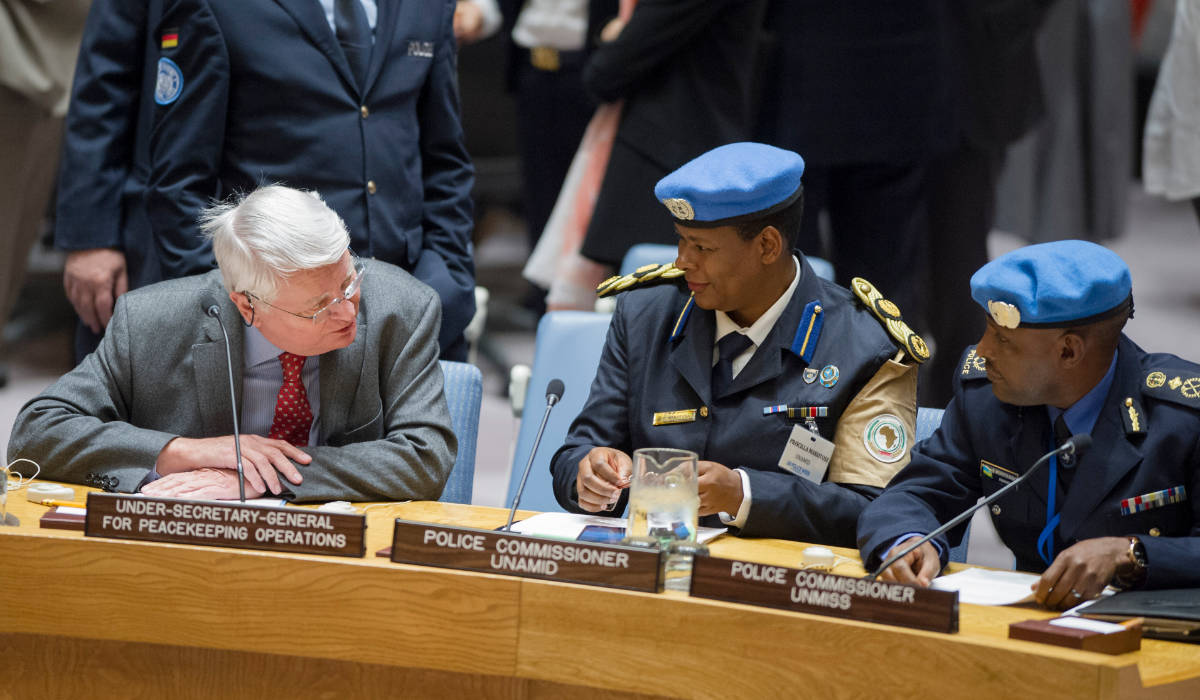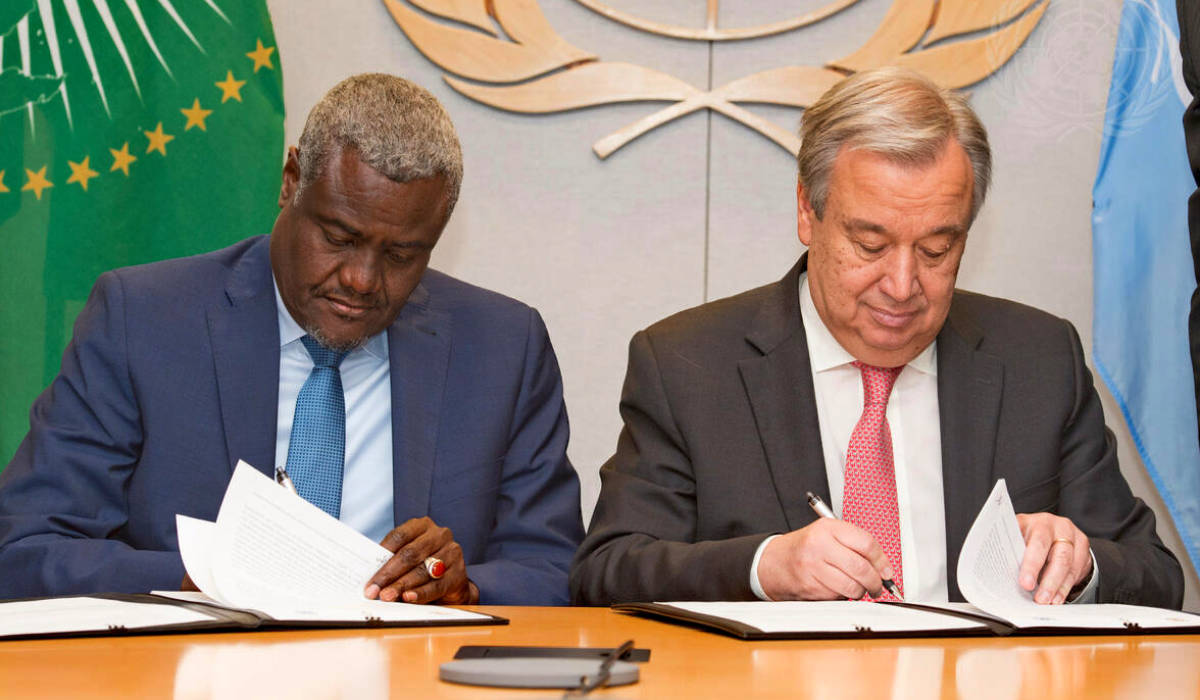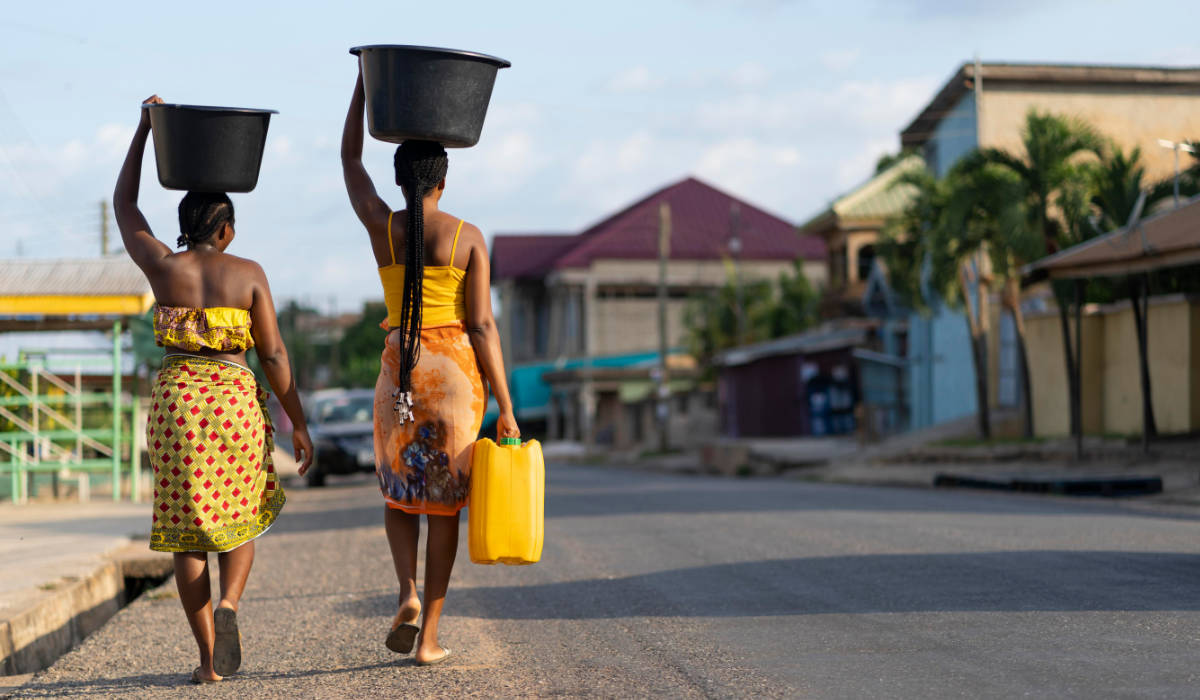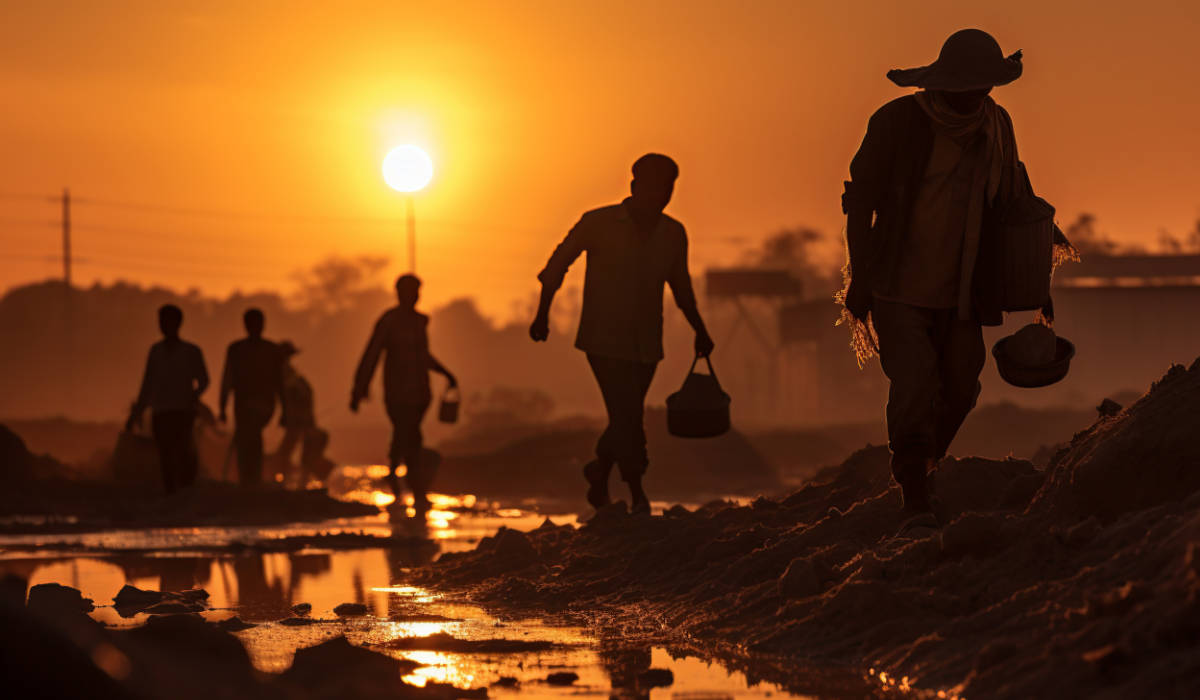We begin this edition of the Monitor with a contribution from Cheryl Hendricks, who writes about rethinking peace and security in the current global context. She argues that existing normative frameworks used to deal with peace and security challenges are outdated and inadequate to deal with present challenges. Our second paper is by Cedric de Coning, and he writes about how the emerging partnership between the UN and the AU is helping these organisations to adapt to a new era of networked multilateralism.
Our final two papers are about climate change and its impact on peace and security. Gracsious Maviza, Thea Synnestvedt, Giulia Caroli, Joram Tarusarira and Niklas Sax write about the impact that climate change has on conflicts and social tensions in Mozambique. Our final article is from Saliem Fakir, who provides a preview of the major issues that will be considered at the upcoming COP28 Summit hosted by the UAE.

